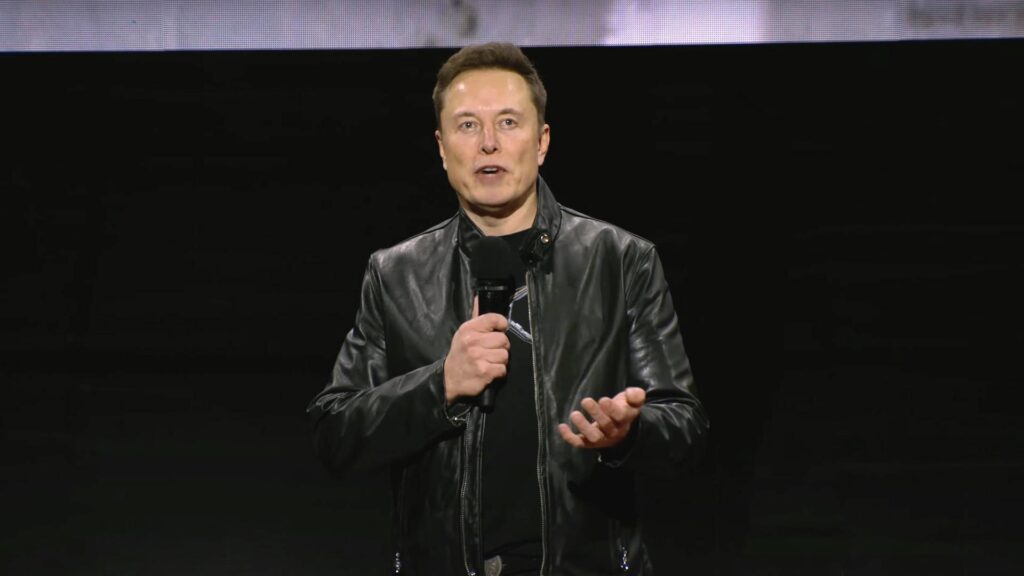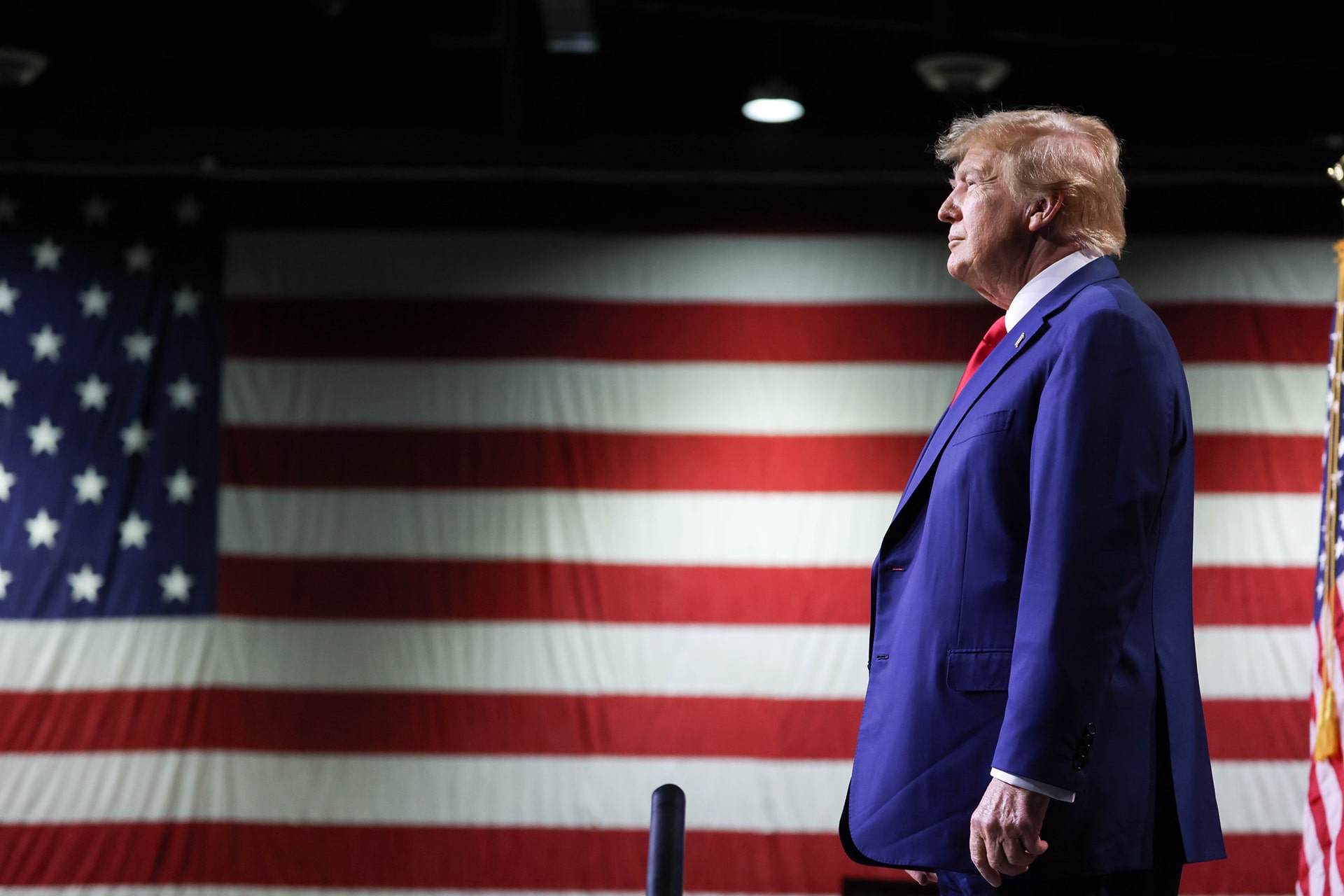With TikTok’s future in the US at a critical juncture, the next two weeks could determine whether the immensely popular short video platform survives on US soil. On January 10, the Supreme Court is set to hear arguments challenging the Biden-era law requiring ByteDance, TikTok’s Chinese parent company, to divest its US operations by January 19—or face an outright ban. As the divest-or-ban deadline looms, the stakes for TikTok, its 170 million American users, and global tech geopolitics couldn’t be higher.
Why the US wants TikTok gone
TikTok has long faced scrutiny, with bipartisan concerns centered on the potential for the Chinese government to access US user data. ByteDance insists it doesn’t share data with Beijing and has taken steps to mitigate fears, such as moving US user data to locally based servers. But the drumbeat of national security concerns hasn’t quieted.
Critics argue that TikTok’s opaque ownership structure poses an inherent risk, regardless of safeguards. This sentiment gained traction during Donald Trump’s presidency, when he unsuccessfully attempted to ban the app in 2020. His concerns were echoed by the Biden administration, culminating in April 2024 with bipartisan legislation mandating TikTok’s divestiture. ByteDance challenged the law, calling it speculative and unconstitutional, but a panel of federal judges upheld it, setting the stage for the upcoming hearing.
Trump’s recent intervention adds another layer of complexity. As President-elect, returning to office on January 20, he filed an amicus brief requesting the court delay enforcement of the law. His motivations include creating space for what he calls a “political resolution” to national security concerns and salvaging TikTok’s influence with younger voters—an audience critical to his electoral strategy. A Supreme Court ruling against TikTok could force its sale or departure, but any decision will set far-reaching precedents for tech governance and foreign-owned platforms in the US.
What happens if TikTok sells?
While a ban would render TikTok inaccessible to US users unless they try circumventing restrictions—such as via VPNs, mirroring how many in China access Western apps—the implications of a sale are more nuanced. ByteDance has stated that any sale would exclude TikTok’s prized recommendation algorithm, the driving force behind its addictive appeal. That leaves prospective buyers to rebuild or replicate the algorithm from scratch, a monumental task that could fundamentally alter the app’s dynamics.
Additionally, there’s the question of who would buy TikTok. A consortium of US investors seems plausible, given the emphasis on domestic ownership, but it would require raising tens of billions of dollars. ByteDance’s financials remain opaque, and while estimates for TikTok’s US operations range from USD 40 billion to hundreds of billions, the absence of the algorithm could slash its valuation significantly.
Is Elon Musk the man for the job?
In the hypothetical scenario of a TikTok sale, Elon Musk stands out as a potential suitor. The billionaire has already transformed one social media platform, Twitter, into X, albeit with controversial results. Musk’s penchant for bold acquisitions and his influence in tech circles make him a logical contender for TikTok.

However, Musk’s Twitter experiment—recasting the platform as a free speech bastion—has been polarizing. Critics cite erratic leadership and a lack of understanding of social dynamics as key issues. Esther Crawford, a former Twitter employee, captured Musk’s challenges in a conversation with Business Insider: “Elon has an exceptional talent for tackling hard physics-based problems, but products that facilitate human connection and communication require a different type of social-emotional intelligence.”
Musk’s involvement raises questions about whether his shortcomings with X would carry over to TikTok—or if focusing on a short form video platform might offer clarity he lacked with X. Either way, he would need to secure substantial investor backing, a tall order given the financial strains following his USD 44 billion Twitter acquisition, where over one-third of the price was covered by debt.
If Musk isn’t the buyer, other contenders loom. US billionaire Frank McCourt and Canadian businessman Kevin O’Leary have both signaled interest and claimed to have secured commitments from supporting investors. Notably, Oracle—whose chairman Larry Ellison backed Musk’s Twitter purchase—partnered with Walmart in a failed 2020 bid for part of TikTok. The prospect of their renewed interest remains speculative but not implausible.
The bigger picture
Ultimately, the ongoing TikTok saga isn’t just about one app—it’s a proxy for larger tensions between the US and China. Washington’s efforts to curb Chinese tech influence echo Beijing’s longstanding restrictions on US platforms like Facebook and Google. A TikTok sale or ban would mark a significant escalation in this rivalry, with ripple effects for other foreign-owned platforms operating in the US.
As the Supreme Court deliberates, the implications of its decision extend beyond ByteDance. Whether TikTok survives, is sold, or is banned, the outcome will reshape how nations navigate the intersection of digital sovereignty, innovation, and security. For now, TikTok remains a flashpoint in a tech cold war with no clear resolution in sight.

